Can the Costa Rican La Ruta reign continue?
There is no such thing as a sure thing in cycling, but for more than a decade Costa Rica's La Ruta...
The latest race content, interviews, features, reviews and expert buying guides, direct to your inbox!
You are now subscribed
Your newsletter sign-up was successful
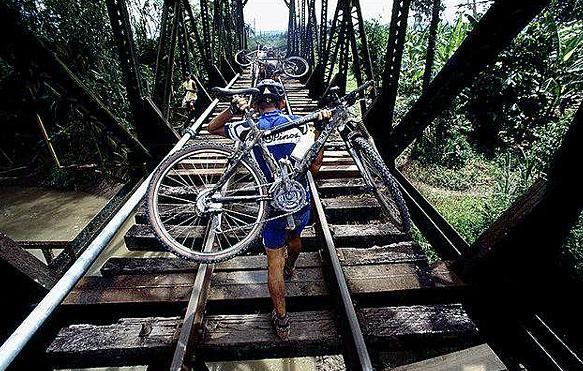
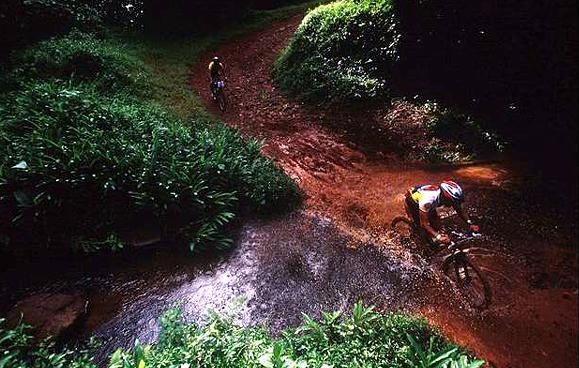

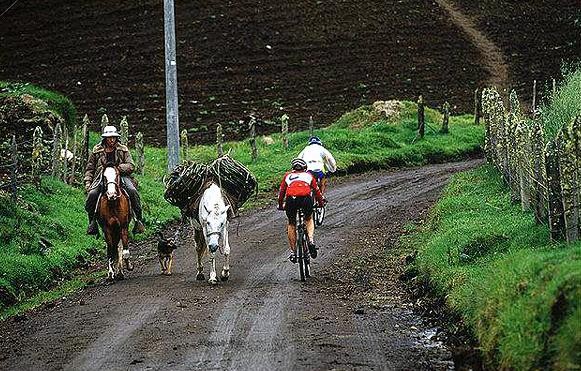
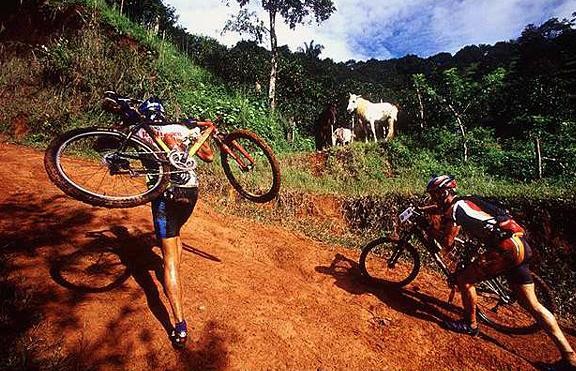

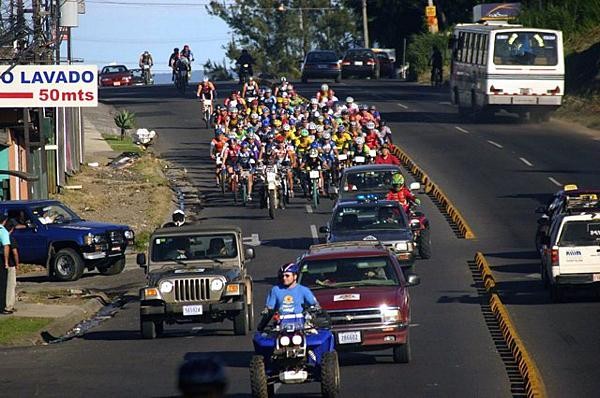
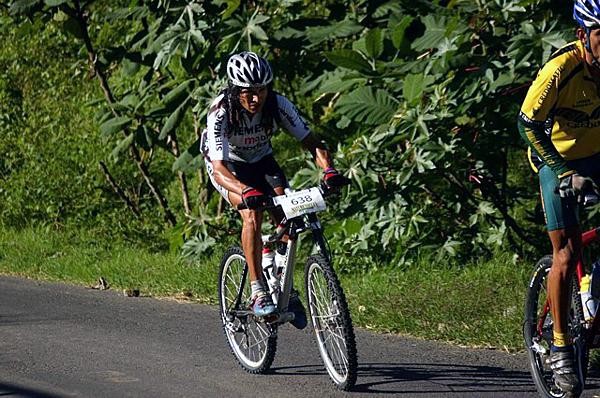
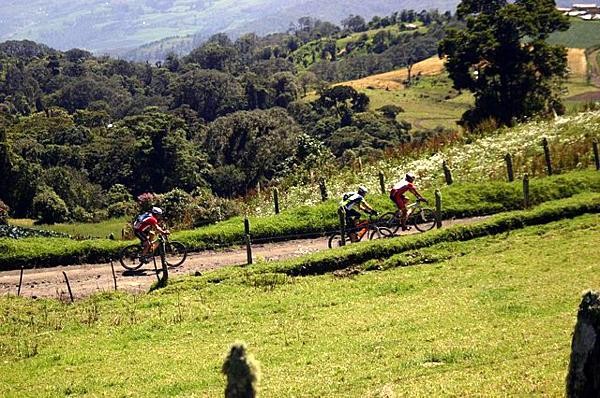
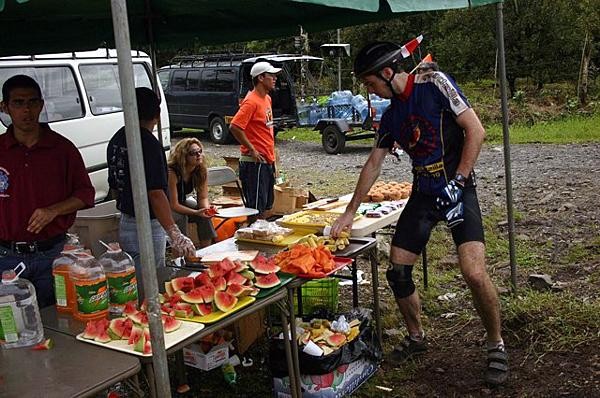
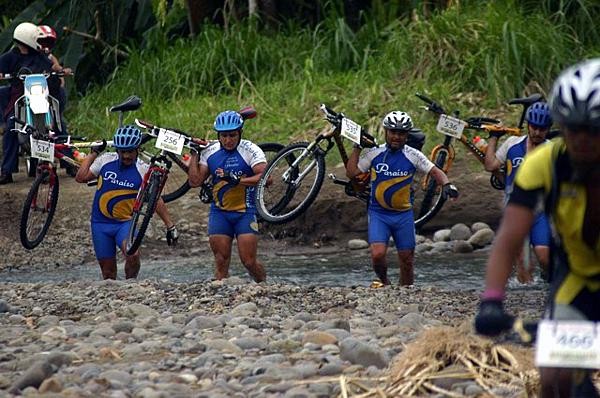
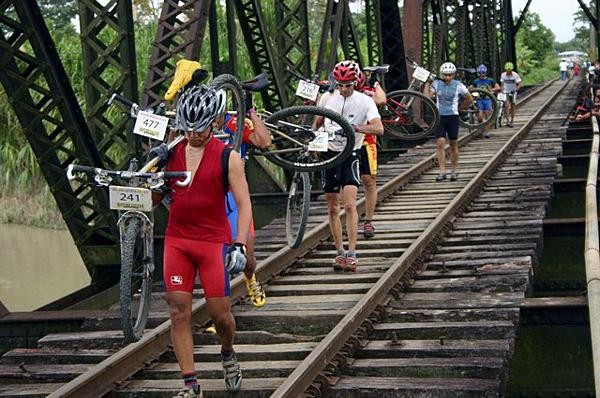
There is no such thing as a sure thing in cycling, but for more than a decade Costa Rica's La Ruta de los Conquistadores mountain bike race has been pretty close. In each of the event's 12 renditions, the men's victor in the three-day trek from the Pacific Ocean across the mountainous Central American country to the Atlantic has been won by one of the local boys. But this year, with the race's 13th running set to commence in the ocean side town of Punta Leona on November 11, that could all change.
Among the non-Ticos signed up this year are former world junior cross-country champion Walker Ferguson, Spanish pro Alejandro Díaz de la Peña, 2005 Trans Rockies winners Marty Lazarski and Andreas Hestler, and reigning world marathon champion Thomas Frischknecht. Frischknecht, winner of an all-time best 17 World Cups, also took the marathon title in 2003 and has to be considered the race's early favorite.
But even with all this foreign firepower, there's no guarantee that the Costa Rican reign will end. Back in 2001, American endurance racing stalwart Tinker Juarez made the trip south, but was unable to break the streak of the Ticos, as the locals are known. Certainly there is something to be said for a little home-course advantage, especially when the course is 318km long and includes over 9000 meters of climbing, including the ascent up the side of Volcan Irazu. Here the race tops out nearly 3000 meters above the sea level - and the starting line two days prior.
Despite these impressive numbers, La Ruta is not solely the realm of the world's top mountain bikers. Each year a mix of local of international amateurs contest the event, taking on a challenge that has few equals in the world of endurance sport.
"More than a race, La Ruta is a personal growth journey," said event founder and race director Roman Urbina. "That's the difference from the traditional mountain bike competitions. There are some segments that cannot be traveled even in 4X4 vehicles or motorcycles. The competitors will not always have access to external support and must trust in his their own tenacity."
Besides the distance and elevation gain, La Ruta also serves up a vast array of climate and topography changes. In any given day a rider may face searing tropical temperatures one hour, only to have to bundle up in near-winter wear as the race heads up into the country's stunning mountains. The course is equally diverse. There are some sections of serene paved road, but most of the time contestants will be off-road on terrain that ranges from smooth ox-cart path to rock-strewn double track.
The race got its start 13 years ago, when Urbina first read about Spanish conqueror Juan de Caballón and his 20-year trip up and over the sky-scraping mountains of Costa Rica while exploring the country. Caballón's expedition started at the Pacific Coast and finished on the coast of Caribbean Sea. Urbina - a recognized Costa Rican athlete and adventurer himself - decided to emulate that long voyage.
The latest race content, interviews, features, reviews and expert buying guides, direct to your inbox!
Captivated by the trek of the Spanish general, he and another 34 companions started the trip, which crossed nine of the 12 microclimates that exist within Costa Rica's borders. The adventure led them through rain forest, up majestic volcanoes, and across crystalline rivers. It was then that Urbina decided that the trip had to be turned into an annual competition, and La Ruta de los Conquistadores was born.
Today, La Ruta is considered one of the most difficult mountain bike races on the planet. It is also the most important fat tire race in Costa Rica, and the only one that attracts many foreign competitors and the attention of the international media. Throughout 12 years of existence, La Ruta has attracted almost 2000 cyclists. Fifty percent of the race is reserved for Costa Rican cyclists, while the other half is made up of foreign participants.
For more information or to sign up for the challenge of a lifetime, go to www.adventurerace.com.
Stage 1 - November 11: Pacific Coast - Central Valley, 114km
Stage 2 - November 12: San José - Turrialba, 78km
Stage 3 - November 13: Turrialba - Caribbean Sea, 126.4km
Total climbing: 9040 meters
